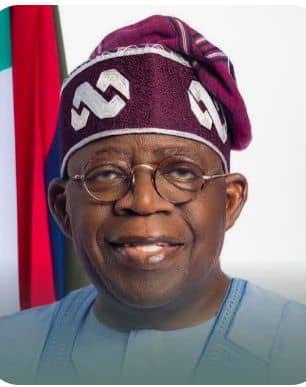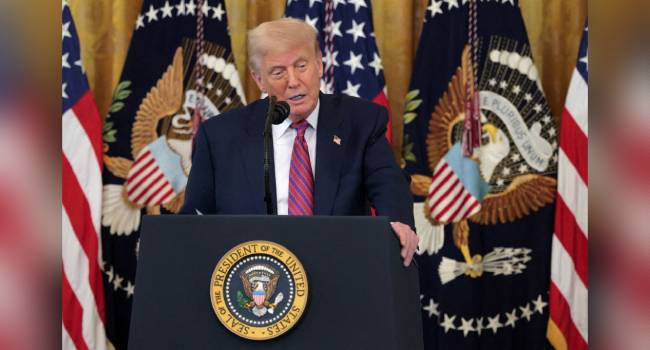In a landmark exercise of presidential mercy that blends justice with reconciliation, President Bola Ahmed Tinubu on Thursday granted pardons, clemency, and sentence commutations to 175 convicts and former convicts.
The Presidential clemency also included posthumous forgiveness for iconic figures such as environmental activist Ken Saro-Wiwa, poet-soldier Major-General Mamman Jiya Vatsa, and nationalist Sir Herbert Macaulay.
The sweeping gesture, announced after a meeting of the Council of State in Abuja, was recommended by the Presidential Advisory Committee on the Prerogative of Mercy led by Attorney-General of the Federation and Minister of Justice, Prince Lateef Fagbemi (SAN).
The decision underscores what State House officials described as President Tinubu’s “compassionate justice philosophy,” designed to promote national healing, reintegration, and correctional reform.
Among those who benefited were minor offenders, remorseful drug convicts, white-collar offenders, foreigners, and inmates who demonstrated good conduct, acquired vocational skills, or enrolled in educational programmes such as the National Open University of Nigeria (NOUN) while in custody.
Others were released on grounds of age, ill-health, or humanitarian considerations.
In total, 82 inmates received clemency, 65 others had their sentences reduced, seven death-row inmates had their sentences commuted to life imprisonment, and 15 former convicts, 11 of whom are now deceased, were granted presidential pardon.
One of the most symbolic acts was the posthumous pardon of Ken Saro-Wiwa and the eight Ogoni activists, executed in 1995 under the military regime of General Sani Abacha following their campaign against environmental degradation in the Niger Delta.
Their rehabilitation, analysts say, represents a moral closure to one of Nigeria’s most painful chapters in the struggle for justice and environmental rights.
President Tinubu also extended posthumous pardon to Major-General Mamman Jiya Vatsa, who was executed in 1986 over an alleged coup plot against General Ibrahim Babangida.
The move, government insiders said, was intended to correct “historical injustices” that have long haunted Nigeria’s conscience.
In a remarkable historical reversal, Sir Herbert Macaulay, one of Nigeria’s foremost nationalists and anti-colonial agitators, was also pardoned for his 1913 conviction by the British colonial administration for alleged misappropriation of funds, a verdict that many historians have since described as politically motivated.
One of the most discussed cases on the list was Maryam Sanda, who had been sentenced to death in 2020 for the murder of her husband, Bilyaminu Bello.
Her family’s plea for clemency, based on her remorse, good conduct, and the welfare of her two children, was accepted. Presidential aides said Sanda’s release followed “a rigorous evaluation” that confirmed her reformation and her exemplary conduct in prison.
Other high-profile beneficiaries include former House of Representatives member, Hon. Farouk Lawan, convicted in 2021 for corrupt practices; former ICPC official Ayinla Saadu Alanamu, jailed for bribery; lawyer Hussaini Alhaji Umar; Dr. Nwogu Peters, convicted for fraud; and Professor Magaji Garba, a former Vice-Chancellor of the Federal University, Gusau, convicted of financial misconduct.
Several elderly inmates and those with chronic illnesses also benefited from the presidential mercy, including ex-Corporal Michael Bawa (72), who had spent 20 years in jail for murder, and Saad Ahmed Madaki (72), convicted of fraud.
The government emphasized that the exercise was guided by the principle that justice should reform rather than destroy.
“President Tinubu’s action reaffirms his belief that a just society must temper punishment with mercy,” said Special Adviser to the President on Information and Strategy, Bayo Onanuga, in a statement.
Many of the convicts had completed substantial portions of their sentences, obtained educational qualifications, or acquired vocational skills in carpentry, tailoring, and agriculture. Others demonstrated exemplary conduct in correctional facilities.
In an unusual humanitarian gesture, Senator Ikra Aliyu Bilbis undertook responsibility for the rehabilitation and empowerment of dozens of illegal miners whose sentences were commuted or remitted, signaling an integrated approach to post-prison reintegration.
Among those freed were 80 illegal miners, mostly young men between the ages of 18 and 40, convicted in 2024 for unlawful mining across various northern states.
The government said their release was tied to a broader plan to redirect youth energy toward legal and productive enterprises in the mining sector.
Seven inmates on death row also benefited, with their sentences commuted to life imprisonment based on good conduct and remorse.
These include Emmanuel Baba, Emmanuel Gladstone, Moses Ayodele Olurunfemi, Abubakar Usman, Khalifa Umar, Benjamin Ekeze, and Mohammed Umar. Some had spent more than a decade on death row under conditions rights groups have long described as inhumane.
Legal observers hailed the move as “a significant moral and constitutional milestone,” especially for a country where over 3,000 inmates reportedly remain on death row.
The presidential clemency aligns with Nigeria’s ongoing correctional reform agenda, which aims to decongest prisons, encourage rehabilitation, and advance human rights in the justice system.
By including symbolic figures such as Saro-Wiwa, Vatsa, and Macaulay, Tinubu’s decision transcends mere legal mercy, it gestures toward historical reconciliation and nation-building.
As the presidential pardon reverberates across the nation, it stands as one of the most consequential exercises of executive clemency in recent history, a mix of justice, forgiveness, and moral reckoning aimed at steering the country toward a more humane and reconciled future.





